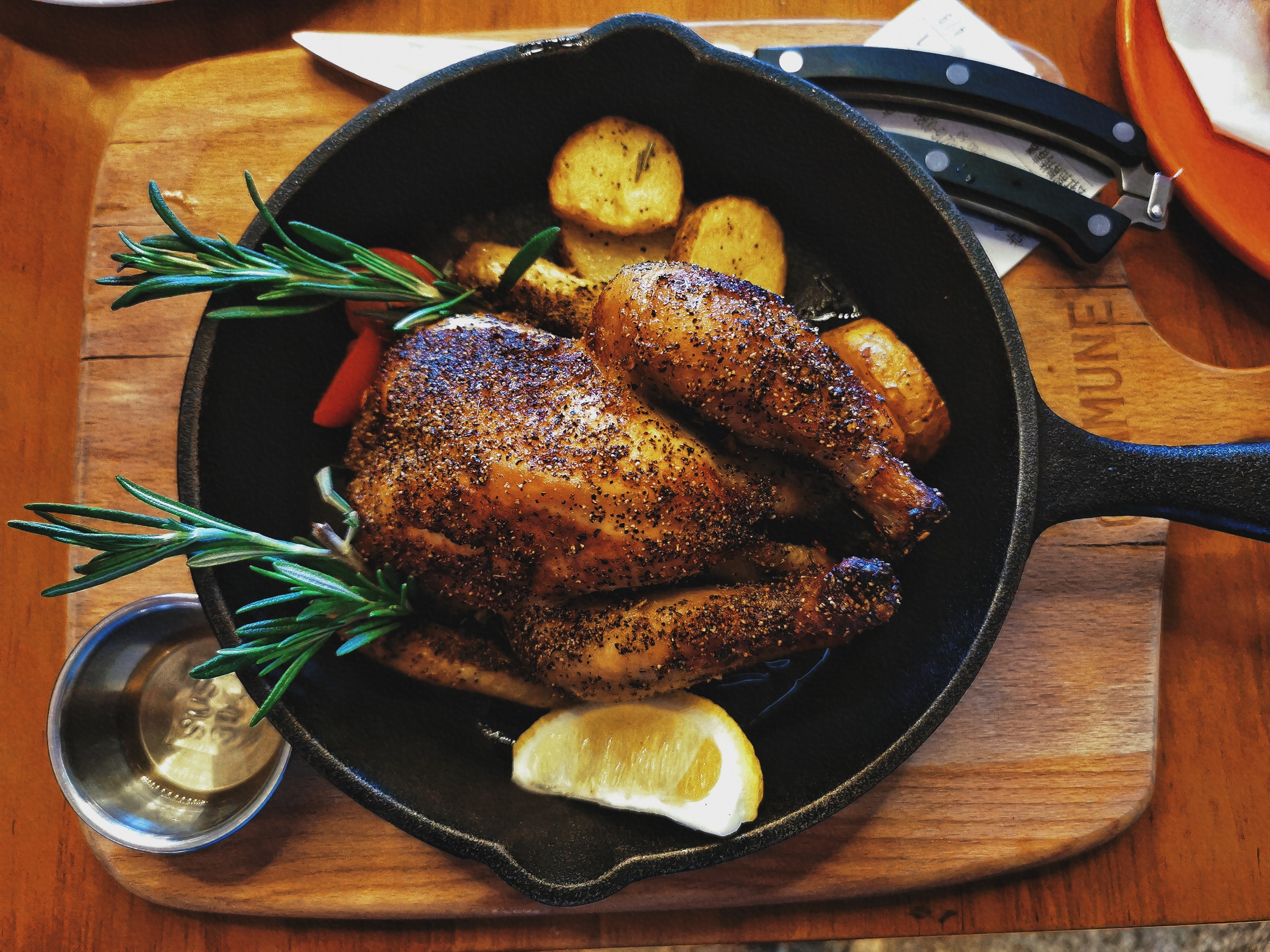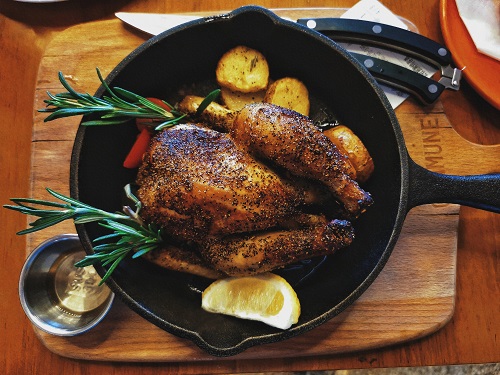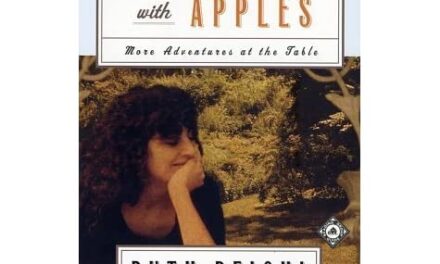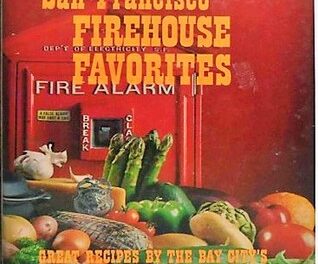Assistant Editor Lily Meyer: Passover began on April 8 last year, just less than a month after the World Health Organization declared COVID-19 a global pandemic. I had been planning, pre-coronavirus, to host a Seder. It would have been my first; though I was sad not to be celebrating the holiday with my family, I was looking forward to cooking my grandmother’s recipes, showing off her matzo ball soup to my friends. Needless to say, there was no Seder. I didn’t cook any Passover foods. My mother convened the rest of us for a Zoom Seder, which people on the internet were, horribly, calling a Zeder. It was abbreviated and awful. When it was done, I let myself forget Passover was happening. I didn’t alter my diet for the holiday, though tradition is to avoid leavened foods for eight days. I was terrified, distracted, and, at that point, hoarding dried goods. Even the slight effort of not eating pasta seemed like far too much for me.
This year, Passover started on March 27, two days before my first vaccination appointment. My family—parents, brother, and grandmother vaccinated; uncle and cousins, not yet—convened on Zoom once again. We were looser this time, chattier. My grandmother, who is eighty-five and lives in a senior home, looked like she’d just gotten her hair dyed. My fiancé and I were extremely full. I’d cooked half a Seder meal for the two of us: matzo ball soup, short ribs, fennel salad, two flourless desserts. A little excessive, maybe, but if there is one low-stakes less on I learned over the past year, it is that for me, skipping holidays and rituals, especially culinary ones, is isolating and bleak. Observing them, on the other hand—tracking down ingredients, fussing over prep, putting out place settings and candlesticks—situates me in my life and history. It reminds me that my parents and grandparents inherited these rituals, remade them, and gave them to me.
I should perhaps explain my kitchen personality. I cook nearly every night and think about cooking all day. I can, at any moment, give you a complete inventory of my fridge. The pandemic, it should be said, significantly increased my kitchen compulsiveness—or my alpha-ness, to borrow a term from the writer and editor Dayna Tortorici. In her essay “Kitchen Person,” Tortorici explains, “A kitchen person likes to cook, to linger, to stand in the kitchen at a house party, and in all likelihood has opinions about what makes a good kitchen. Kitchen alphas, by contrast, step into their natural authority in the kitchen and suffer when they cannot be in charge.” For me, the authority Tortorici describes manifests primarily as a unique sense of calm. I am a fundamentally anxious person, but in the kitchen, I relax. Cooking grounds me in myself. It helps me settle my mind. Last December, I canceled plans to see my parents, and, though I was agitated and miserable about it, grating potatoes for latkes calmed me down. On Christmas—a holiday I grew up celebrating, though I am Jewish on both sides—I roasted a duck, which released so much fat I had to baste it every half hour. My mood, by the time I took the bird from the oven, was perfect. COVID-19 had taken utter control of my life, but cooking my duck in my nice little green-walled kitchen, I was, as ever, in charge.
I say all this to explain, or at least to contextualize, my forthcoming blog series on the links between food- and recipe-writing and fiction writing. I have always considered food writing, which is rich in evocative description and clear explanation, a craft model for my own fiction—and, indeed, I will share food-based craft exercises that have served me well. Recipes, meanwhile, have taught me how to be precise: how to pick the right verb; how to convey the difference between a lazy bubble and an active one, and why that difference matters. In fiction, these skills are vital. Besides, food contains class, culture, geography, temperament. Written well, it can direct a reader straight to a character’s inner self. Food is, after all, what we have inside us, literarily as well as literally—so keep an eye out for a wide variety of posts about food this fall!












